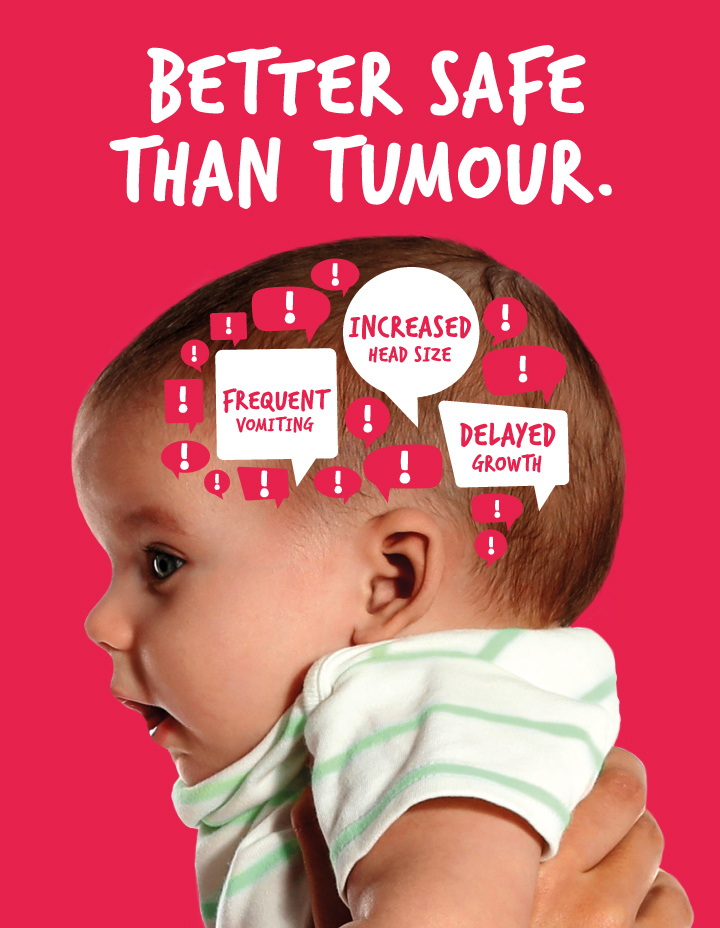Reduced consciousness
If your baby, child or teenager is unresponsive or less responsive than usual, this could mean they have reduced consciousness. Reduced consciousness can be a sign of a brain tumour.
How can I tell if my baby, child or teenager has reduced consciousness?
At any age, reduced consciousness can involve:
- reduced response to pain – your baby, child or teenager may not open their eyes, flinch, withdraw, grimace nor respond verbally when they would otherwise do so
- reduced response to a person’s voice – e.g. they do not open their eyes when called
- whimpering or moaning
- making incomprehensible sounds
- appearing confused and unable to find the right words to use
- being unable to be roused from sleep – this indicates that the reduced consciousness is serious.
Reduced consciousness in your baby, child or teenager could be caused by a serious illness, so it is important for them to see a doctor as soon as possible. If you think your child has reduced consciousness, call 999 straight away and ask for an ambulance.
I think I have a brain tumour, what should I do?
Brain tumours are rare, however, if you’re worried and a symptom persists or if your child has more than one symptom of a brain tumour then:
-
Talk to your doctor
GP appointments are usually quite short, so make sure you find out how to best prepare for your child’s appointment. - Get an eye test
If your child’s symptoms are limited to changes in vision and/or headaches, get their eyes tested by an optician before seeing your GP. - Go to A&E
If the symptoms are sudden or severe, you should go to your emergency department or call 999.
In this section

Know the Signs and Symptoms
Although brain tumours are rare, if you or a loved one are experiencing two or more of the signs and symptoms it’s important that you speak to your doctor to rule out a brain tumour.
Share your experiences and help create change
By taking part in our Improving Brain Tumour Care surveys and sharing your experiences, you can help us improve treatment and care for everyone affected by a brain tumour.